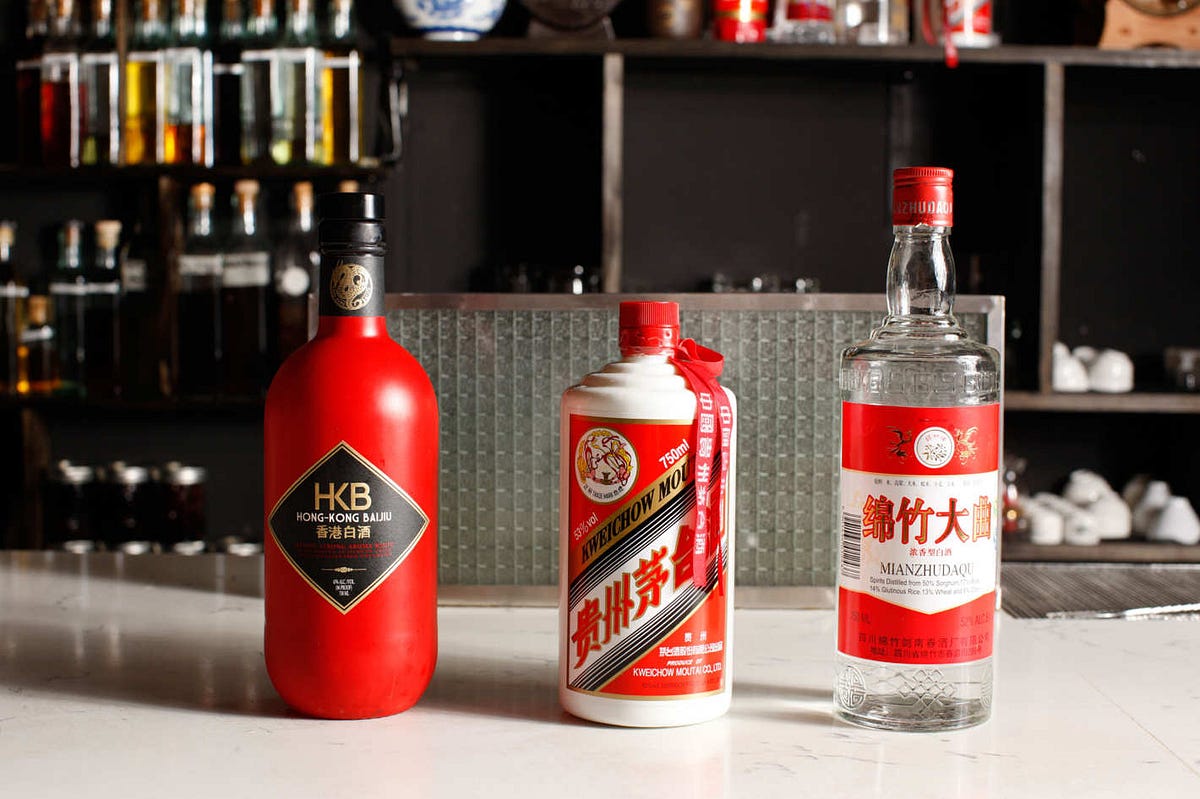Origins of the White Spirit
Baijiu has a long history dating back over 2000 years in China. The earliest documentation of distilled spirit production in China can be found in texts from the Eastern Han Dynasty between 25-220 AD. However, it’s believed that baijiu originated even earlier among Taoist monks who were experimenting with medicinal elixirs and alchemical preparations. The word “baijiu” literally translates to “white alcohol,” referring to its clear color before aging.
Over the centuries, baijiu production spread throughout China and evolved into distinct regional styles. Major styles developed in Guizhou, Sichuan, Anhui, Shaanxi and Northeastern China. Each incorporated locally available grains like sorghum, rice or wheat along with unique fermentation and distillation techniques. By the Tang Dynasty between 618-907 AD, baijiu had become widely consumed and was an integral part of Chinese culture, featured in folk songs and literature.
Baijiu in Modern China
While baijiu remained a staple Chinese liquor, the 20th century brought challenges as Western spirits like whiskey gained popularity. Following the 1949 revolution, the Chinese government took control over baijiu production to ensure adequate supplies. State-owned distilleries enforced standardized production methods and new styles emerged to satisfy regional tastes.
Today baijiu is enjoying a resurgence both in China and globally as consumers rediscover traditional foods and beverages. Domestic consumption has grown steadily and China is now the world’s largest spirits market by volume consumed. Leading baijiu brands like Kweichow Moutai and Wuliangye have become enormously successful corporations. With over 14 billion bottles drank annually, baijiu truly defines China’s drinking culture.
Regional Styles of Baijiu
Guizhou Moutai: Originating in Guizhou province, Moutai is China’s most famous Baijiu and a cultural icon. Produced from sorghum, its unique fermentation and distillation process involves microbial ‘white filaments’ that develop amazing floral, fruity and roasted aromas in the aged liquor. Considered the “champagne of baijiu,” top jars of Moutai fetch extraordinary prices.
Sichuan Heavenly King: Heavenly King style baijiu comes from Sichuan using sticky rice as the base grain. Fermented naturally with labyrinthine stone jars, it has a surprisingly smooth taste with herbaceous, almost medicinal notes developed from aging. Sichuan cuisine is often accompanied by shots of Heavenly King.
Shaanxi Yellow Rice: In the hilly Qinling region, Yellow Rice baijiu is produced from wheat and glutinous rice. With a shorter distillation, it delivers full-bodied flavor upfront like spiced apples and ripe pears. Popular ways to drink are chilled or in noodle soup during winter months.
Anhui Flower Water: Utilizing fine sorghum varieties, Flower Water baijiu balances delicate aromas with a silky, subtly sweet flavor. A special cold fermentation method preserves its lightness while developing floral hints. Sipped before or with meals, it’s prized for enhancing food’s natural essence.
Northeastern Jinkui: In colder northeast China, barley and sorghum are favored grains for sturdy Jinkui style. With longer aging and fermentations, it gains robust character with notes of candied walnuts, vanilla and dried fruit. Jinkui pairs excellently with roasted meats and hot pot dishes.
Baijiu Rituals and Customs
Toasting Tradition
The Chinese have long honored toasting rituals at social gatherings and important occasions. Calling out to “ganbei” or empty your glass in one gulp is a sign of goodwill, friendship and getting seriously down to business. Sharing baijiu to seal deals or make important decisions is ingrained in Chinese culture.
Gift Giving
High-end aged baijiu makes the perfect luxury gift, especially bottles of prized Moutai and Wuliangye. Presenting baijiu shows respect for one’s status and signifies wishing them prosperity and good fortune in the coming year. Special calligraphy or packaging further enrich such an extravagant present.
Yeast Jelly Sachets
Small pouches containing fermented rice grains used to inoculate newly brewed baijiu are prized objects. Referred to as “laojiu mu” or “old wine mother,” they symbolize permanence, continuity and are thought to carry the qi essence of past vintages. Tucked into office desks or cars, they wish the occupant safe travels and career success.
Funeral Inheritance
In some rural areas, it’s customary for families to inherit aged baijiu left behind by deceased relatives. The older the better as it’s viewed as not just a memento but concentrated wisdom and longevity passed down through generations. Drinking such “ancestor liquor” feels akin to communing with past family and drawing on their strengths.
Through its long rich history, Baijiu has become ingrained in Chinese identity and plays an integral role in cultural, social and business customs. While globalization introduces new drinking trends, Baijiu endures as China’s iconic spirit, its regional varieties expressing diverse terroir and people. With growing popularity worldwide, Baijiu invites discovery of traditional Chinese culture through a tipple.
*Note:
1. Source: Coherent Market Insights, Public sources, Desk research
2. We have leveraged AI tools to mine information and compile it




